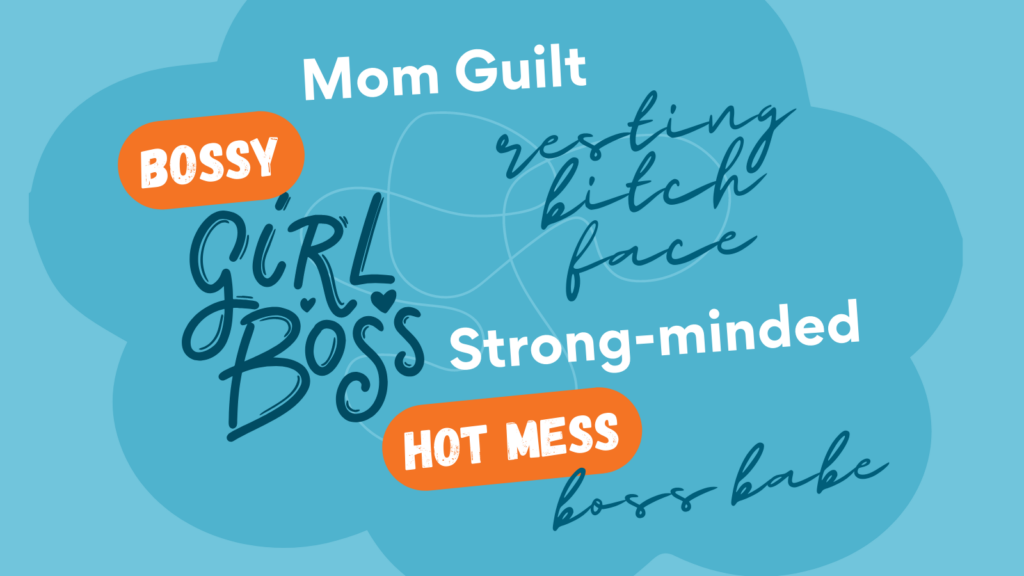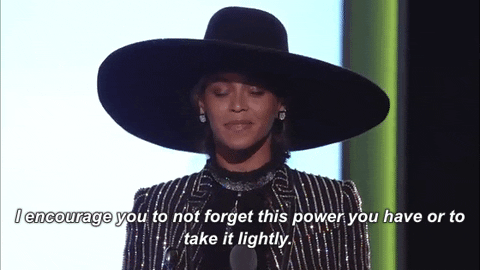Lessons from our Founder in honor of AAPI Heritage Month
As a woman and a wonderful blend of Korean and White American, I am consistently in situations where I feel like I stuck out.
Maybe I’m the only woman in the room. More commonly, I find that I am the only non-white, under-50 woman in any given situation.
This is a feeling that has followed me throughout my childhood. Moving from town-to-town as a child of an oil-gas executive, I lived in Midland, TX in the 1980s. While Midland may have been used to Hispanic Americans, they didn’t know what to make of me and my Korean mom. I hate to admit that I was embarrassed of my mom when I was in elementary school because she wasn’t white.
As an adult, I fully embrace my background (and my mom), but that doesn’t mean that my professional life doesn’t sometimes make me feel like that nerdy Asian kid in an all-white west Texas school. However, I have crafted my own set of rules that I think have helped me control the narrative about who I am and my value.
Be Beyoncé, Be Present
You can easily earn the respect of the room you’re in by engaging without distraction and bringing your whole self to that event or meeting. It’s so easy to fall into the comfort of staring at your phone during a meeting where you’re not presenting. With virtual meetings, you can easily pretend to be participating while you secretly work on other tasks or check email. If you want to make an impression everywhere you go, enter the meeting with the confidence of Beyoncé and maintain that engagement throughout.
Don’t underestimate your presence in any given circumstance.
Even if you don’t raise your hand or have something to contribute, your complete attention and your confidence when you enter and leave a room will make an impression that can wildly shift the course of your life. Do yourself a favor and pose like a superhero before you enter a room. You’ll feel different, and you’ll start making the most of every opportunity.
Words Matter
How you speak about yourself, your role, and your work not only trains the people around you how to treat you but can affect your thinking. Here’s some great examples from Katherine Morgan Schafler’s book, A Perfectionist’s Guide to Losing Control, a book geared towards high achieving women. It teaches that the drive to succeed and have the life you envision is not a bad thing.

- Working Mom: You never hear the label Working Dad, and that’s because men do not share the same level of competing demands or guilt related to dedicating and thriving in one environment over the other; just using this term feels like you feeling guilty that you’re succeeding at work and somehow sacrificing your other life, and that your self-worth should be connected to the mom role, not work. Guess what, it’s OK to love work!
- Hot Mess: Labeling someone that doesn’t seem to have that oh-so-hard-to-achieve balance that all ambitious women are supposed to be striving for a hot mess is an unfair label. I don’t recall ever hearing a man being called a hot mess because his cellphone is ringing during dinner time, or he hasn’t figured out to fit in a daily workout because he has too many meetings at work. In addition, this is an appearance label that asserts women should always appear perfect and balanced. Get over it!
Remember that men have no equivalent for the following labels either: resting bitch face, bossy, strong-minded, mom-guilt, girl boss or boss babe. The lack of these labels in male culture speaks volumes! So, don’t use these terms with yourself or with other women – you’re just minimizing your place in society and reinforcing ideals that limit yourself.
Say No to Negativity: Stop Apologizing and Saying You’re Busy!
Words can create a one-dimensional construct of your life and roles and teach others around you to accept the labels. Are you too busy? Stressed all the time? Do you regularly marginalize yourself in how you speak about yourself?
Instead of saying, “I’m so busy or I’m so stressed,” when someone asks, “How are you?” think of one or two positive stories from the last week to share and start a conversation about. This is one lesson I’ve been trying to practice because my go-to response was always, “I’m so busy” which I know creates a negative perception of how I frame my life.
If you’re late responding to an email, returning a call, or made a simple mistake, consider not apologizing, at least in professional environments. The act of constantly saying you’re sorry not only lowers yourself in the eyes of the people around you to whom you are constantly apologizing, but it’s going to affect your own perception of how you’re doing at work. Instead, thank people for their patience.
Save the “I’m Sorry” for a truly damaging mistake that warrants a sincere apology.

Imposter Syndrome is Bullshit – Because We All Have It
I get that this is a genuine issue many people, both men and women, suffer from. However, if there’s one important thing I’ve learned, is that no one really knows what they’re doing all the time, and only a few of us are trying our hardest to do the best we can. Almost everyone is worried they’re not doing enough.
One of the first times I ever golfed was in a golf tournament with other business owners and CEOs, mostly men . . . mostly experienced golfers. I wasn’t either of those things, so I immediately felt like an imposter. Guess what? Men are bad at golf too – some of them shockingly bad, but they don’t prevent that from keeping them from registering for tournaments.
There’s an interview clip of Trey Parker, the writer and creator of South Park, talking about the night he lost sleep because he thought an episode that he created was so bad that it would destroy the show’s reputation, and it would never recover. It ended up being one of the most popular episodes of all time. Even extremely successful creatives suffer like the rest of us.
I have done qualitative interviews with very successful people in the name of market research for clients. These juggernauts of enterprise success expressed their own perceived incompetence in certain areas of life, and it’s completely based on the stature they assign themselves in comparison to other people.
Rich people around mega rich people feel less competent. Small business owners feel less experienced when they’re with CEOs of large firms. A freelance designer feels less talented than a designer at a large ad agency. None of that is true – it’s just perception. Reframe your thinking around your unique value that you bring to any situation . . . and then be Beyoncé and bring that value with you to every situation.

Reaffirming value in yourself
Be careful how you think of your life and speak about your day-to-day. You are in-charge of at least 80% of people’s perception of you. While you cannot control someone’s preexisting biases, you can try to overcome them by how you show up, you use your own words, and think about yourself.
I’m a mom, a small business owner, and I’m a marketing professional with over a decade helping businesses with their branding and online presence. When I’m not spending time with my family or on my business, I love cooking (and eating) and snuggling with my dogs while I binge on TV shows. My favorite authors are Malcolm Gladwell and Steve Martin. My favorite movies are L.A. Story, Little Mermaid, Hedwig and the Angry Inch, and Trainspotting.